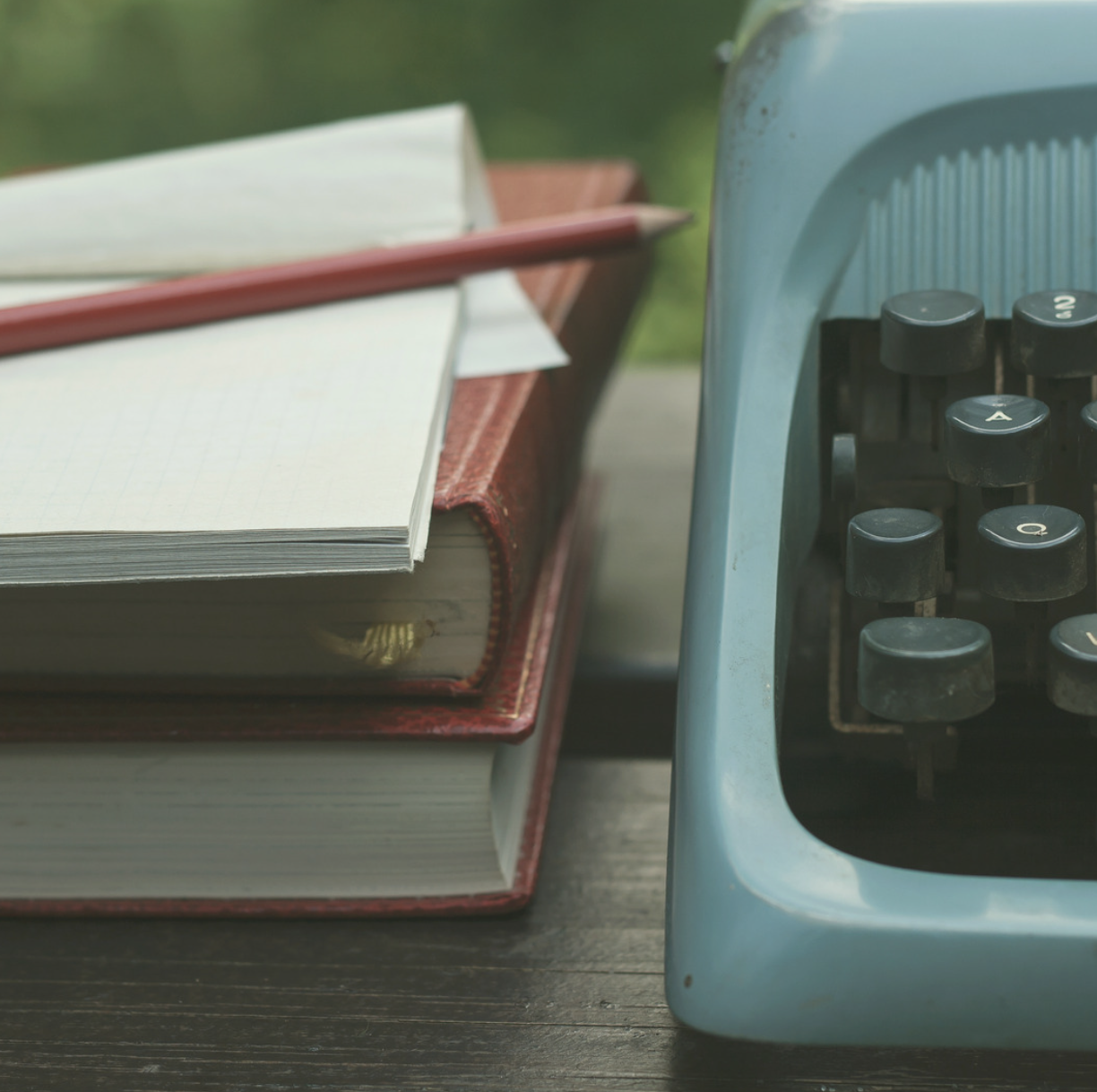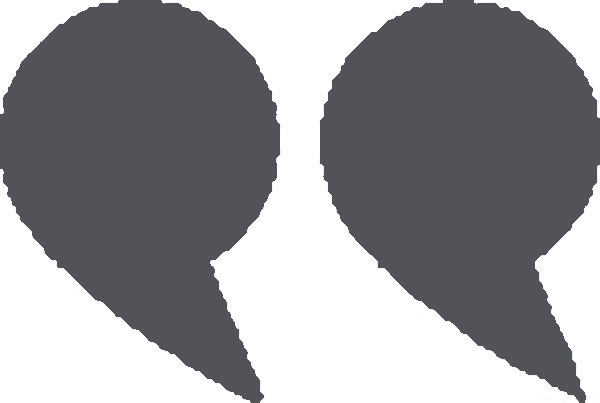😃 Subscribe for Weekly Posts:
What kind of writer are you? Wait, before you answer, think beyond your genre, e.g., a sci-fi or mystery writer. You’ll also want to be more specific than your skill level. Let’s think about what differentiates you from others in your genre or with similar expertise. To do so, you’ll need to ask yourself two more questions: What makes you sit down to write, and what keeps you returning to the page (or keyboard)?
In short, define your inspirations and aspirations. There are no right or wrong answers. Writing with the goal of becoming a career author isn’t any better or worse than writing because you have a specific story you want to share with the world. That said, your end goal impacts your present efforts, and understanding why you’re motivated to write will help you press through the rough patches all writers encounter.
In our ongoing efforts to help you reach your aspirations by harnessing your inspiration, we've spent a lot of time creating and testing writing resources. We discovered there’s no shortage of advice for improving your writing practice or reaching your long-term goals. However, it’s largely generic. We’ve all been told to “write every day” and “set a word count” and other common tips for establishing a practice.


You just have to know yourself well enough to know what's important. And when you do that, things just don't get in your way. You don't allow them to. – Omarion
Though that advice can be helpful, it doesn’t take your “you-ness” into account. It can’t, it’s purposefully broad—focused on helping the many. Our research, and the tools and techniques we've developed as a result, will help you lean into your strengths and address potential weaknesses. Essentially, we're assessing your writerly self’s quirks and traits and using that knowledge to create a personalized plan for success.
This week, we're starting a series on writing personas, one of the tools we use to help writers identify the kind of support and guidance they need to reach their goals. Today, we’ll go over how we developed them, what they imply, and introduce the most common persona. Sound good? Here we go.
Understanding Personas
So, what exactly is a persona? A persona is a category of a person—a summary of essential traits that many individuals share, distilled into a “type.” We use personas all the time in daily life, and something similar when writing—an archetype.
For example, when you hear a protagonist is “the rebel” archetype, certain characters (Katniss Everdeen, Hans Solo, Robin Hood) come to mind. Certain traits are also implied, such as devotion to a cause, courageousness, and strength. Here’s another—less charitable—example of how we might categorize an individual by their traits. Say a friend refers to someone as a “Karen.” You immediately know what they mean. More importantly, you have a better idea of how to interact with this individual and, to an extent, what sort of behavior and responses you might expect from them.
At Bardsy, when discussing personas, we’re referring to a fictional, but realistic, description of a type of writer. While real writers are too unique to be summed up by any one persona and instead share characteristics from several, understanding which personas make up your writerly self is valuable. This insight into your personality helps you understand what you—specifically—need to succeed.
By getting to know your core personas, you'll come to understand yourself better. That awareness helps you elevate your writing practice and can prevent you from wasting time trying methods that don’t benefit you. As you consider the first of the writing personas, each named for a defining attribute, think carefully about how it suits you. Personas don't have to fit to a T, but take a moment to determine what you might have in common with every alliterative exemplar. Now, on to our first persona:
Persona #1: Learning Logan
A few factors lay at the heart of these personas. Right now, let's focus on the factor most relevant to our first persona: GOALS. Everyone, put simply, has their reasons for writing. By far the most prominent of these is to "become a better writer." And that's exactly what Learning Logan wants most.
Here's how one Logan expressed it: I hope to expand my writing skills, learn how to be a more eloquent writer, and develop my abilities as a writer, artist, and communicator. ... My immediate goals involve becoming a better writer and developing my craft.
Another key characteristic all Learning Logans share is an appreciation of beautiful language. Their satisfaction comes from conjuring sexy syntax, finding just the right word, or molding a magnificent metaphor.

Learning Logan is driven by a desire to improve. Their biggest challenge is determining which aspects of their writing could use some work, and how to go about it. Feedback will help them immensely.

Now the payoff—while someone like Logan wants to improve, they probably don't know exactly what part of their writing needs improvement, much less how. That's where our members' number one request comes in: feedback. Feedback allows writers like Logan to pinpoint strengths and weaknesses. As regular readers know, Bardsy's Publishability Index™ delivers accurate feedback with precise recommendations.
There is a caveat. There are many writers we've met who masquerade as Learning Logans, paying lip service to the idea of improvement but actually ignoring helpful feedback. There's an easy way to weed out these impostors. If, in any writing group or coaching situation, you see someone respond to constructive feedback defensively, chances are they're not interested in getting better. Similarly, trying to "justify" choices, as opposed to being open to change, is a bad sign. A true Logan listens carefully, considers actual alternatives, and only then decides which works best and why.
Do you identify with this persona? Remember, there’s no right or wrong answer. While that’s all for now, soon we'll be back with our next persona: Motivation Max.